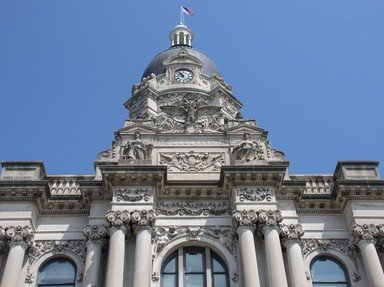Quiz Answer Key and Fun Facts
1. What was the name of the Congressional bill that Reconstruction Republicans hoped would provide persons of color with greater economic and educational opportunities?
2. During the Reconstruction, state courts with Democratic majorities more often declared segregated schools unconstitutional.
3. Women's suffrage did not make as much headway during the Reconstruction as feminists had hoped. Section 2 of which amendment deprived women from states of representation?
4. Which of these women passed the Illinois bar examination only to be denied from practicing law by the Supreme Court?
5. Habeas corpus was suspended and martial law was frequently declared during the Civil War era. What U.S. president authorized these civil rights violations?
6. Which Supreme Court case in 1866 determined that a Confederate sympathizer in Indiana had been falsely detained during the Civil War?
7. What Francophile state was accused of violating the Fourteenth Amendment in the Slaughter-House cases of 1873?
8. Abraham Lincoln never acknowledged that he had violated constitutional rights.
9. What was the act passed by Congress that called for the seizure of land and property from disloyal American citizens during the Civil War?
10. What case near the end of the Reconstruction hindered the progress of federal efforts to protect the civil rights of African Americans?
Source: Author
albert11
This quiz was reviewed by FunTrivia editor
stedman before going online.
Any errors found in FunTrivia content are routinely corrected through our feedback system.
